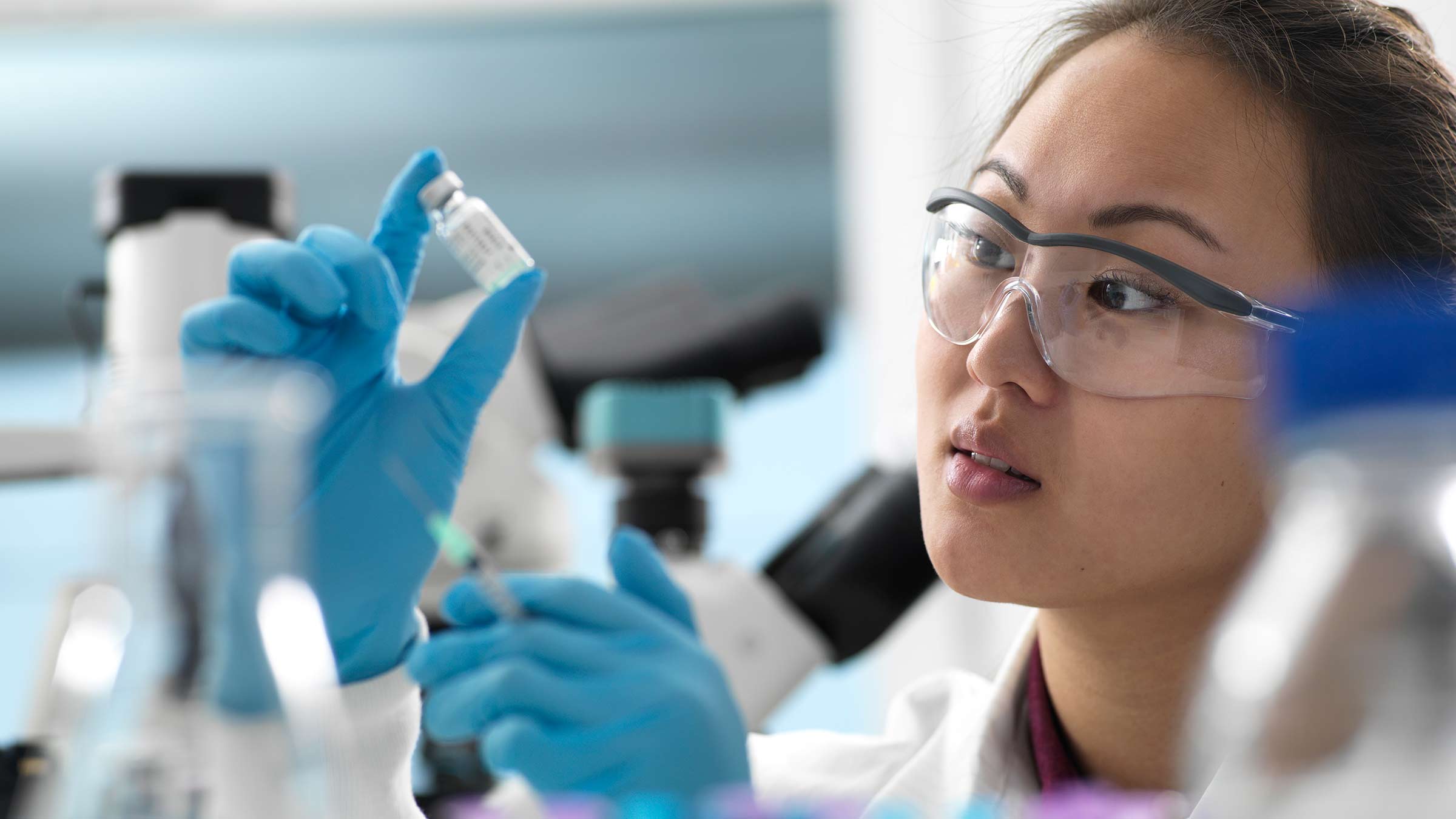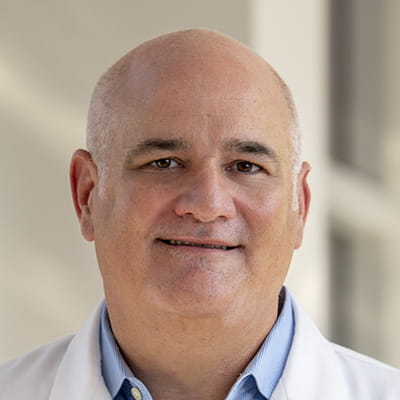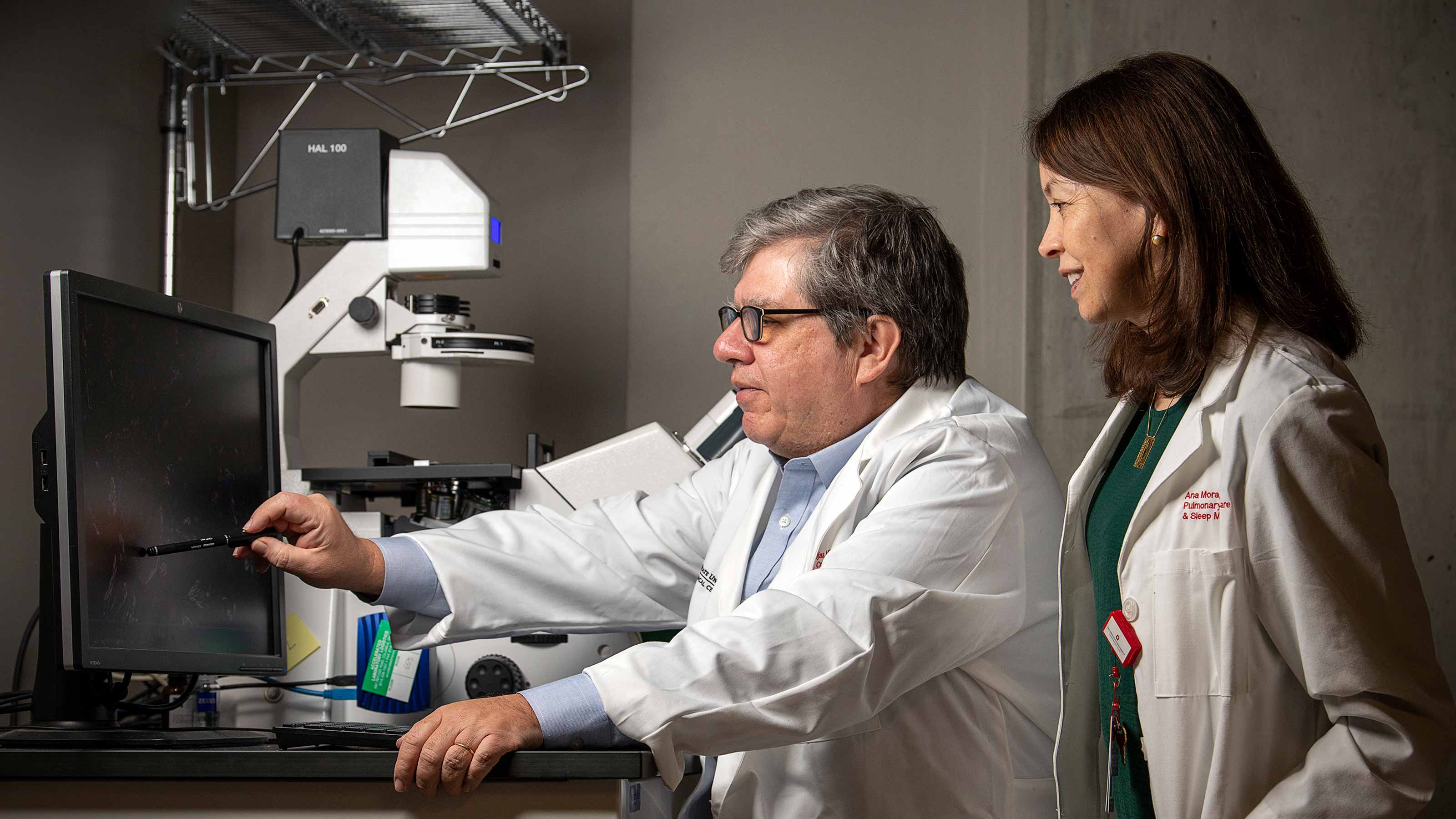
If you’ve tried different medicines to help with migraines, asthma or another condition, and you still haven’t found relief, you might be hoping a new drug will come on the market soon. Sometimes it can take a while.
Every drug, before it’s approved for you to take, goes through clinical trials, studies that can take several years and cost millions of dollars. In clinical trials, a medication, treatment or behavior change is tested to see if it’s safe, brings about the desired result and doesn’t cause side effects too difficult to tolerate.
Before people try any treatment in a clinical trial, the medication is thoroughly studied in a lab.
What are the benefits of being in a clinical trial?
Early access to new treatment
If you volunteer for a clinical a trial, you might benefit from a new treatment.
Better health
Patients who participate in clinical trials also generally have better health outcomes than patients who don’t, even when they’re given placebos. There’s evidence that this is the case, though it’s unclear exactly why. Patients who participate in research do get more attention from healthcare providers and from specialists in the disease that may be affecting them.
Ability to help others
Even if the treatment doesn’t work for you, by being in a trial, you’re helping future generations of people who may gain from what researchers learned about the drug being tested.
Every drug available was once tested in a clinical trial. Without enough volunteers in clinical trials, researchers could not draw conclusions about whether a particular treatment works well or is safe to take.
Ability to influence the future of medicine
Many of my patients are willing to volunteer in a cancer drug trial knowing they may not benefit from the treatment being tested in the trial. They do it, they tell me, because they know it could help others. I always thank them. Their contribution for the future of science, for future generations, amazes me.
How clinical trials work
You’ve probably known or heard of people volunteering for a clinical trial. They may have joined the trial because they had a medical condition, such as cancer, and the treatment under investigation was believed to help.
Clinical trials relating to cancer, as an example, might test a drug designed to reduce or eliminate:
- the cancer
- the side effects the cancer may cause
- the side effects from treatments such as chemotherapy, the drugs used to stop cancer
Typically, in a clinical trial related to cancer, the first step is to ensure the drug is safe and to find out the side effects. In earlier studies, with the newest and sometimes most groundbreaking drugs, a small number of volunteers with cancer are given the medication.
If a drug is found to be safe, then a larger number of volunteer participants are given the drug. A group of volunteers might be given both the standard, already approved, medications as well as the medication being tested.
Another group of volunteers might receive just the standard medications. That group would be considered the “control group.” Control groups serve as benchmarks, a means of finding out of a particular medication worked.
Gathering results in a clinical trial
Throughout a clinical trial, which could take months or years, the volunteers are followed closely to see how the drug being studied affects the cancer. Volunteers in the trial will also be asked to report side effects they might have, such as nausea, pain in their bones or numb feet.
Knowing how well the drug worked and what side effects it caused helps researchers determine whether the new medication being studied is any safer or more effective than standard medications for that cancer.
If a drug is safe and works well, researchers may go on to test the medication on thousands of volunteers. This portion of the trial will be evaluated by the U.S. Food and Drug Administration, the agency that will decide whether to approve the drug and make it available to the public.
Do clinical trials pay?
Some trials might pay you for taking the time to fill out questionnaires at various points in the trial, and you may also be reimbursed for travel costs if the study requires that. Other studies might not pay at all, but participants receive the new drug being tested at no cost.
Is it safe to participate in clinical trials?
Being in a trial does have risks. If a drug has been used for years, doctors know the most common side effects people have had. But if a drug is still being tested, researchers may not know every potential side effect you might have while taking the medication.
We, as researchers and physicians, try very hard to make sure anyone who’s thinking about joining a trial knows the possible risks and is monitored very closely for any problems that could come up.
Who can join a clinical trial?
You don’t have to have any particular health condition to help further medical research. Clinical studies need people of all backgrounds and health status.
Can you leave a clinical trial at any time?
Yes. A participant can leave for any reason, at any point. It’s helpful when the volunteer lets the research team know the reasons for leaving the study.

Ready to participate in a clinical study?
See what research studies need participants.
Participate in research




